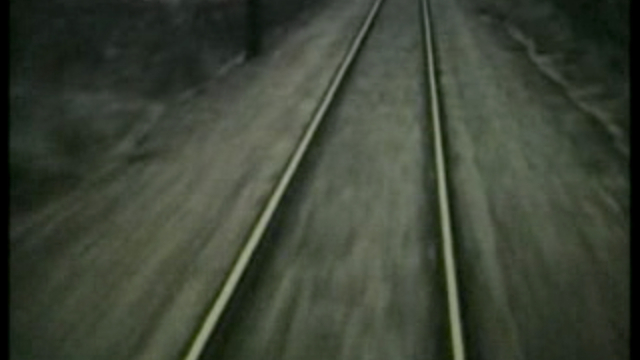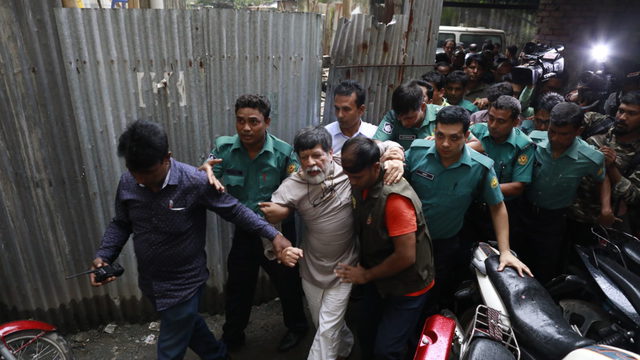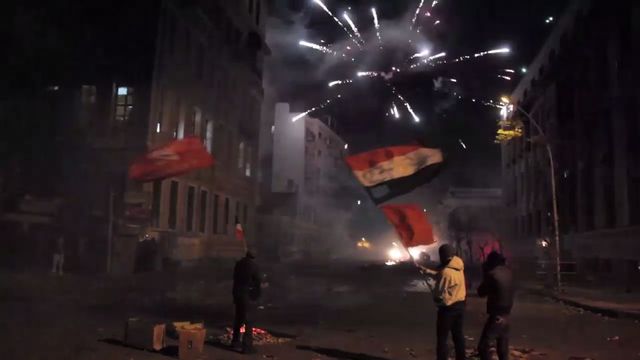Indonesia: The Web as a Weapon
CAPABLE OF cutting through time and space, the Internet offers a means of communication not previously dreamed of. It has created important new possibilities as it shrinks distances and provides an astounding volume and variety of information to those who have computer access. One result of these is the acceleration of the development of solidarity networks among peoples, regions, and countries. In Indonesia, it has even managed to help topple a strongman who, until his unscheduled resignation in May 1998, had been Asia's longest reigning postwar ruler. To Indonesia's powers that be, controlling the Internet has become close to being an obsession.
Read


